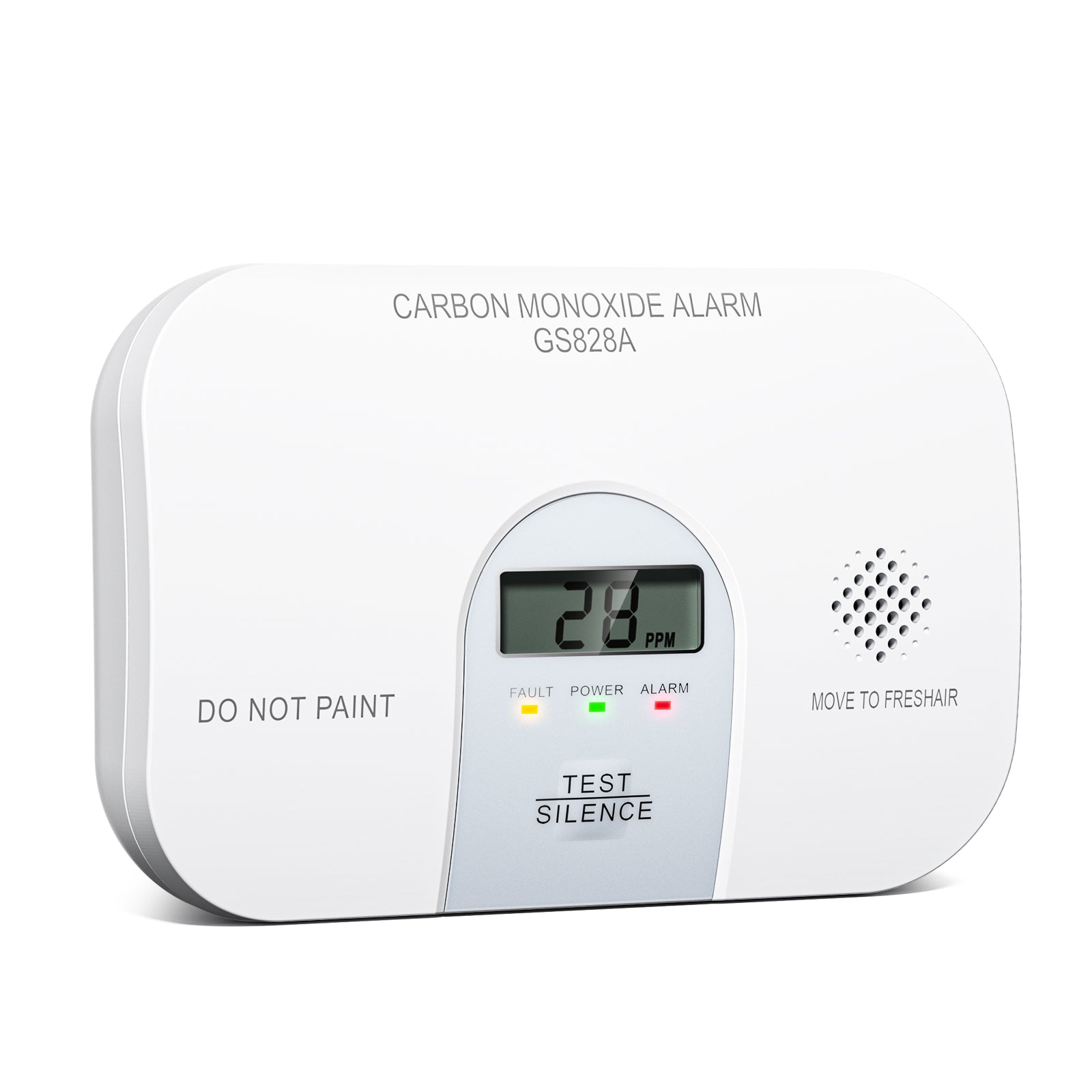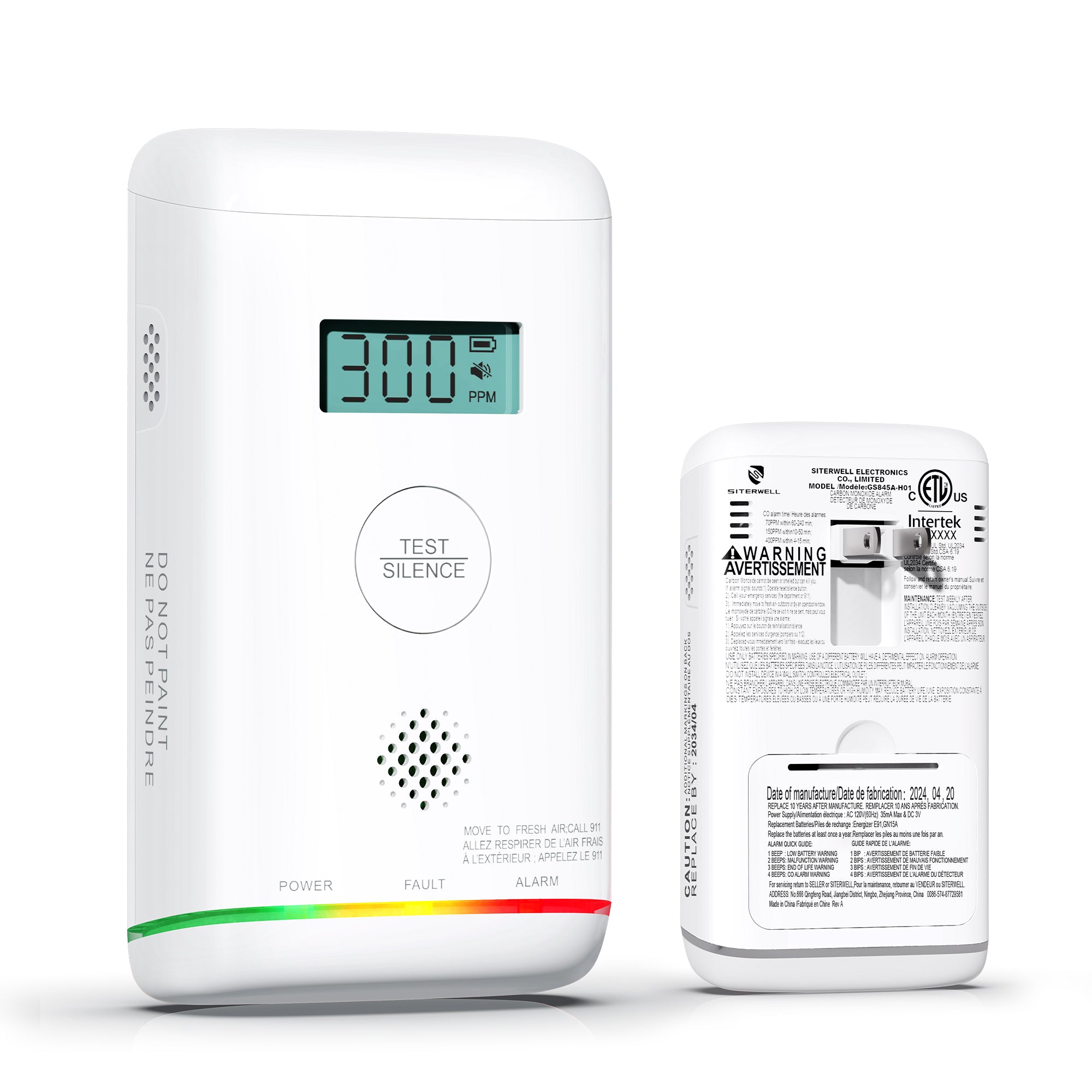
A beeping smoke detector can be a source of frustration and concern. While it’s designed to protect you and your home, the constant chirping can quickly become an annoying mystery you need to solve. If you’ve found yourself asking, “Why is my smoke detector beeping?”—you’re not alone. This guide will help you decode the reasons behind those beeps and provide practical solutions to stop the noise.
Table of Contents
1. Common Reasons Your Smoke Detector Is Beeping
Smoke detectors are crucial for fire safety, but when they beep, they’re signaling something needs attention. Here are the common causes:
- Low Battery Warning: The most frequent reason for a beeping smoke detector is a low battery. Most models will emit a chirping sound every 30 seconds to a minute when the battery is running low.
- Presence of Smoke or Fire: If your smoke detector is sounding a continuous series of loud beeps, it could be detecting smoke or fire.
- Dust, Dirt, or Insects: Over time, dust, dirt, or small insects can find their way into the smoke detector, causing it to malfunction. These obstructions can trigger false alarms or cause the unit to beep intermittently.
- Placement Issues: Improper placement of smoke detectors can also lead to false alarms. For example, placing a detector too close to the kitchen, bathroom, or heating vents can cause it to react to cooking fumes, steam, or temperature fluctuations.
2. Decoding Different Smoke Detector Beeps
Understanding the pattern and frequency of your smoke detector's beeps can help you identify the issue quickly. Here’s what different beep patterns usually indicate:
Single Chirp Every 30-60 Seconds
This pattern is typically a low battery warning. The detector will emit a single chirp at regular intervals to alert you that it’s time to replace the battery.
Continuous Beeping
If your smoke detector is emitting a continuous series of loud beeps, it likely indicates the presence of smoke or fire. This is an emergency alert, and you should evacuate your home immediately and check for danger.
Smoke Detector 3 Beeps
Three short beeps followed by a pause usually means the smoke detector has detected smoke or another serious problem. Treat this as a serious warning and act accordingly. Also, if you have a carbon monoxide alarm installed in your home, learn more here to keep your home safe.
Beeping After Battery Replacement
If your smoke alarm continues to beep after you've installed a new battery, it could be due to:
- Battery Installation Issue: Ensure the battery is correctly seated.
- Detector Reset Required: Some models require a manual reset after changing the battery.
- End of Life: If the detector is over 10 years old, it may be malfunctioning and needs to be replaced.
3. How to Stop the Smoke Alarm from Chirping?
If your smoke alarm won’t stop chirping, follow these steps to silence it:
Replace the Battery Correctly
Check carefully whether the new battery is installed correctly. Make sure the battery is firmly installed and the battery cover is tight. Please refer to How to Correctly Replace Batteries.
Reset the Smoke Detector
Many smoke detectors can be reset by pressing and holding the test button for 15-20 seconds. This reset can often stop the beeping if it was caused by a minor issue.
Clean the Smoke Detector
Gently vacuum or use compressed air to remove any dust or debris inside the detector. Regular cleaning can prevent false alarms caused by buildup inside the unit.
Ensure Proper Placement
Avoid placing detectors near kitchens, bathrooms, or HVAC vents, where steam, heat, or dust can trigger false alarms. If necessary, relocate the detector to a more suitable spot in your home.
Replace the Smoke Detector
If all else fails and the detector continues to beep or chirp, it may need to be replaced. Consider replacing the GS562A Hardwired Interconnected Smoke Alarm AC rechargeable and with a 9V backup battery, it will continue to provide protection even after a power outage.
$23.99
4. Preventive Maintenance Tips for Smoke Detectors
To avoid the frustration of a beeping smoke detector in the future, follow these maintenance tips:
5. Conclusion
A beeping smoke detector isn’t just a nuisance—it’s a signal that something needs attention. Whether it’s a low battery, dust buildup, or a more serious issue, addressing the problem promptly is crucial for your safety. By understanding the causes and solutions for smoke detector beeping, you can ensure that your home remains protected and that the chirping doesn’t drive you crazy. Remember to maintain your detectors regularly and replace them as needed to keep your home safe.







